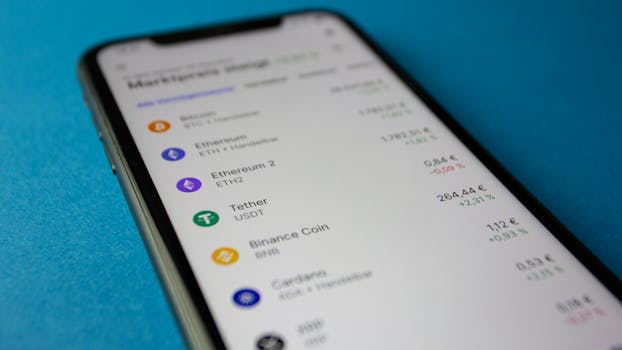
Navigating the Future: Emerging Trends in Fintech Technology
Fintech technology is rapidly changing the face of finance, and it’s essential to stay ahead of the curve to remain competitive. Emerging trends in fintech are transforming the way we think about money, payments, and financial services. In this article, we’ll explore the latest developments and innovations in fintech, and what they mean for the future of finance.
Section 1: Introduction to Fintech

Fintech, short for financial technology, refers to the use of technology to improve and automate financial services. It encompasses a wide range of applications, from mobile payments and digital wallets to cryptocurrency and blockchain. Fintech has the potential to increase access to financial services, reduce costs, and improve efficiency.
Section 2: Emerging Trends in Fintech

Several emerging trends are shaping the future of fintech, including:
- Artificial intelligence (AI) and machine learning (ML): AI and ML are being used to develop more sophisticated risk management systems, improve customer service, and enhance user experience.
- Blockchain and distributed ledger technology: Blockchain is being used to create secure, transparent, and tamper-proof records of transactions, and to facilitate cross-border payments.
- Internet of Things (IoT): The IoT is being used to develop new payment methods, such as wearables and smart home devices.
- 5G networks: The rollout of 5G networks is expected to enable faster and more reliable payments, and to support the development of new fintech applications.
Section 3: Applications of Fintech

Fintech has a wide range of applications, including:
- Mobile payments: Fintech is enabling mobile payments, which are becoming increasingly popular.
- Digital wallets: Digital wallets, such as Apple Pay and Google Pay, are being used to store payment information and make transactions.
- Cryptocurrency: Cryptocurrency, such as Bitcoin and Ethereum, is being used as a form of payment and investment.
- Peer-to-peer lending: Fintech is enabling peer-to-peer lending, which allows individuals to lend and borrow money without the need for traditional banks.
Section 4: Challenges and Opportunities

While fintech offers many opportunities, it also presents several challenges, including:
- Regulation: Fintech is subject to a complex and evolving regulatory landscape, which can make it difficult for companies to navigate.
- Security: Fintech companies must ensure that their systems and data are secure, to prevent cyber attacks and protect customer information.
- Adoption: Fintech companies must encourage adoption and usage of their services, which can be a challenge, particularly in developing countries.
Section 5: Conclusion

In conclusion, emerging trends in fintech technology are transforming the future of finance. From AI and blockchain to 5G networks and IoT, fintech is enabling new payment methods, improving efficiency, and increasing access to financial services. While there are challenges to be addressed, the opportunities presented by fintech are significant, and it’s essential for companies and individuals to stay ahead of the curve to remain competitive.



